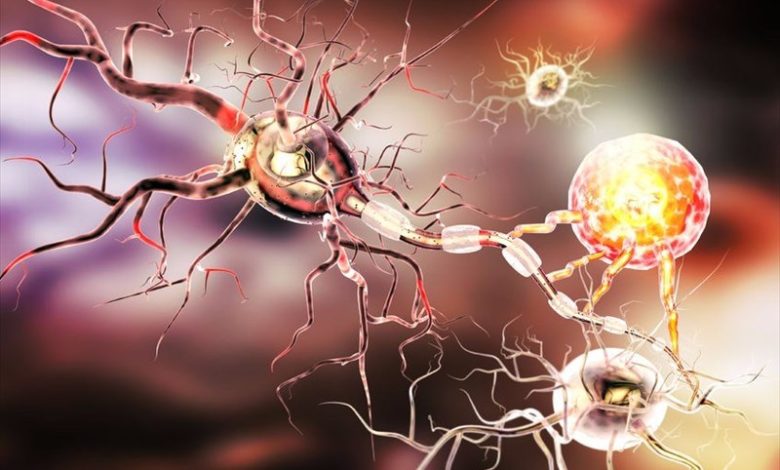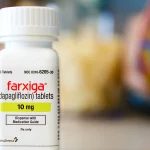Takeda Expands Neuroscience Portfolio with PIKfyve-Targeting Drug Candidates for ALS

Takeda has expanded its neuroscience research portfolio through a licensing agreement with the California biotech firm AcuraStem. This strategic partnership focuses on drug candidates targeting PIKfyve, an enzyme that has gained attention as a potential drug target for amyotrophic lateral sclerosis (ALS), a devastating neurodegenerative disease.
PIKfyve, scientifically known as 1-phosphatidylinositol 3-phosphate 5-kinase, is believed to play a critical role in the underlying disease processes of ALS, particularly in relation to the function of lysosomes. Lysosomes are cellular organelles responsible for processing waste materials within cells. It is hypothesized that inhibiting the PIKfyve enzyme could aid in clearing harmful protein aggregates from neurons, thus preventing damage to these vital cells.
Takeda’s commitment to advancing ALS research involves an investment of up to $580 million for exclusive global rights to AcuraStem’s lead PIKfyve drug, AS-202, which is an antisense oligonucleotide. Additionally, this agreement encompasses follow-up candidates designed to address not only ALS but also potentially other neurodegenerative disorders, such as frontotemporal dementia (FTD).
Justin Ichida, a co-founder of AcuraStem and a stem cell scientist at the University of Southern California (USC), contributed to a paper published in the journal Cell earlier this year. This paper proposed that most forms of ALS are linked to the loss of a DNA-binding protein called TDP-43 from the nucleus of neurons, a condition that may be reversible by inhibiting PIKfyve.
At present, only one drug targeting PIKfyve has entered clinical testing for ALS, specifically Verge Genomics’ orally-active small-molecule VRG50635. VRG50635 recently completed a phase 1 clinical trial and is set to commence a phase 2 proof-of-concept study later this year. AS-202, being a larger oligonucleotide molecule, will require administration through injection, although AcuraStem suggests that dosing may be as infrequent as once a month.
For Takeda, this collaboration marks its inaugural foray into the ALS market, although the company has a well-established presence in neuroscience research and development. Their focus has encompassed areas such as epilepsy, sleep-wake disorders, and Parkinson’s disease.
Sarah Sheikh, the head of the neuroscience therapeutic area unit at Takeda, expressed the company’s commitment to developing transformative treatments for neurological diseases, including ALS. She highlighted the ongoing unmet needs in ALS treatment despite recent advancements and expressed optimism about AS-202’s potential to address these gaps. AS-202’s unique dual mechanism of action, targeting TDP-43 aggregation and improving TDP-43 function, aligns with the pathological characteristics of ALS and other TDP-43 proteinopathies.
Preclinical studies have yielded promising results for AS-202, demonstrating a significant reduction in neurodegeneration and improvements in motor function and survival in a mouse model of an aggressive form of ALS. This development signals a significant step forward in the pursuit of effective treatments for ALS and related neurodegenerative disorders. ALSO READ: Takeda Faces Setback as Phase 3 Trial for Promising Lung Cancer Drug Exkivity Fails





